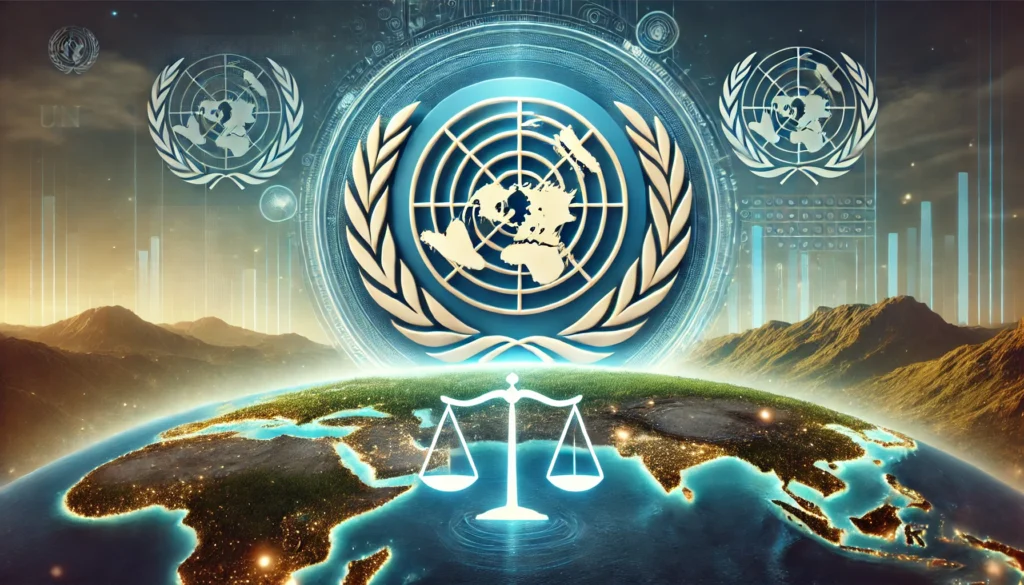Published On: 19th October, 2023
Public and Police Relations and the role of Law in maintaining this relationship
In this article, I want to share my thoughts on public fear of police and its link to the filing of cases. And also explore the role of law in maintaining the relationship between the public and the police.
PUBLIC FEAR OF POLICE
For ages, the public has been viewing the police with fear and they want to avoid police. Some reasons for this fear are
Use of Excessive Force
Police in India have been accused of using excessive force against civilians, including beatings, torture, and even extrajudicial killings. These incidents have further eroded public trust in the police and have created a climate of fear and intimidation.
Police Behavior
- Rude behavior of police with complainants.
- Police show their power or superiority in and towards the public.
- Police misconduct or misbehavior with women and other backward sections.
- The public opinion is that the police have the law in their hands.
Corruption
Corruption is common within the Indian police force, and it is a major source of public grievance. Police officers are often accused of taking bribes and fabricating evidence. These corrupt practices are reducing public trust in the police and making it difficult to enforce the law effectively.
Lack of Transparency
Police investigations in India are often conducted in secret, and there is a lack of transparency in police operations. This may result in reducing public trust.
Immunity from Prosecution
Even though the Police officers violate the law, they are immune from Prosecution. This made the public think that the Police were above the Law.
DOES PUBLIC FEAR AFFECT THE FILING OF CASES?
Many complainants are reluctant to file cases due to their fear of police. Some reasons are
- Bribe is one of the main reasons for not filing a case.
- Inadequate police force.
- Most women are reluctant to enter a police station to file a complaint.
- Officers are reluctant to receive a complaint as they are concerned about their performance and that more cases may decrease their appraisal.
- Police misbehavior
- Societal shy to enter a police station.
As per a study, the criminal rate is constantly decreasing in India. Does the public fear to lodge a complaint affecting these statistics?
The latest crime report revealed a decrease of 0.56% in India’s overall crime rate and 20% in Andhra Pradesh.
ROLE OF LAW TO REDUCE THIS FEAR
Indian Police Act,1861
- Indian Police Act, 1861 contains provisions to punish police officers such as Section 220: Punishment for detaining or confining a person with a corrupt or malicious motive.
- Sections 330 and 331: Punishment for inflicting injury or grievous hurt on a person to extort confession or information
- Section 29: Punishment for violence by police officers on a person in custody
- Section 171E. Punishment for bribery.
Women Protection Laws
- Many laws protect women and established separate women’s police stations such as Disha. Women should be educated about these measures.
- MHA launched a cybercrime portal on 20th September 2018 for citizens to report obscene content.
- Women’s Safety divisions were set up. Women Helpline to provide 24-hour emergency and non-emergency response to women affected by violence are introduced.
Police Complaints Authority
The Police Complaints Authority is a body that investigates complaints against police officers. The PCA can recommend disciplinary action against officers who are found to have violated the law or police regulations.
Building Relations with Communities
- Building relationships between police officers and the communities they serve. This approach can help to break down barriers of mistrust and foster cooperation between the public and the police.
- The police themselves should conduct some awareness campaigns in rural and backward areas to make them know the procedures.
Right to Information Act:
- The Right to Information Act (RTI) is a powerful tool that can be used to promote transparency in police operations.
Other Measures
- All schools and colleges should compulsorily introduce “ Police station visit” as a part of their curriculum.
- Another important measure is to appoint volunteers in every region to educate the public and bring awareness about the laws and procedures in the system.
- E-filing of cases is one important solution.
The public should be educated in these areas. It provides a convenient and easy way for the public. This helps those who think visiting the police station is itself a crime.
Most states introduced this e-filing system but states like A.P., Telangana, Punjab, Nagaland, etc., are not entertaining e-filing.
RELATED CASES
Prakash Singh & Ors. vs. Union of India and Ors.
- Prakash Singh who served as DGP of UP Police and Assam Police, filed a PIL in the Supreme Court post-retirement, in 1996, seeking police reforms.
- The issue raised in this case is Political interference in police postings
- Supreme Court issued 7 directives. They are
- Constitute a State Security Commission
- The Director General of Police shall be elected from amongst the three senior-most officers of the department having the good rank by the UPSC etc.
- Minimum tenure of two years should be prescribed to the police officers on operational duties.
- The investigating police shall be separated from the law and order.
- A police establishment board should be established in each state which shall decide all working conditions related to police officers.
- Constitution of District-level Police Complaints Authorities.
- The Central Government shall also set up a National Security Commission at the Union level.
People’s Union for Civil Liberties v. State of Maharashtra (2021)
Parties
Petitioner: People’s Union for Civil Liberties (PUCL)
Respondent: State of Maharashtra
Issues
The case raised several important issues related to police encounters and extrajudicial killings in Maharashtra. These issues included:
- The legality of police encounters
- The use of excessive force by the police
- The lack of transparency and accountability in police investigations of encounters
- The failure of the government to properly investigate and prosecute alleged extrajudicial killings
Judgment
The Bombay High Court issued a landmark judgment in this case, holding that the police cannot use the excuse of “encounter killings” to cover up extrajudicial killings.
The court directed the government to set up a special investigation team (SIT) to probe into alleged encounter killings in Maharashtra.
The SIT was tasked with investigating the circumstances surrounding each encounter, determining whether the killings were justified, and recommending action against any police officers found to be responsible for extrajudicial killings.
CONCLUSION
The public should have respect towards the police but not fear. Police should also treat the public respectfully and be responsible towards society.
While significant progress has been made in recent years to improve public-police relations in India, there is still much work to be done.
The law should play an important role in building a relationship between the Police and the Public and both the Public and the Police should keep their efforts to maintain the relationship.
Reference(s):
- https://www.newindianexpress.com/states/andhra-pradesh/2023/aug/13/crime-rate-in-apdeclined-by-20-per-centthis-year-dgp-2604860.html
- https://www.adda247.com/upsc-exam/crime-rate/#:~:text=What%20is%20the%20current%20crime,the%20National%20Crime%20Records%20Bureau
- http://www.bareactslive.com/ACA/ACT147.HTM?AspxAutoDetectCookieSupport=1#:~:text=No%20police%20officer%20shall%20be,he%20shall%20have%20given%20to
- https://pib.gov.in/Pressreleaseshare.aspx?PRID=1575574
- https://vakilsearch.com/blog/filing-of-a-first-information-report-online/#:~:text=In%20conclusion%2C%20the%20e%2DFIR,to%20file%20an%20urgent%20complaint.
- https://legalvidhiya.com/prakash-singh-ors-vs-union-of-india-and-ors-22nd-sep-2006-police-reforms-case/




